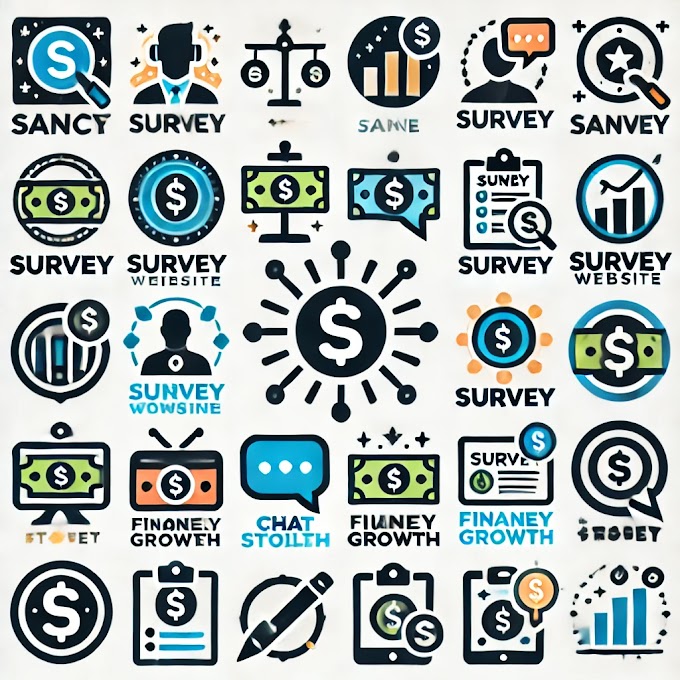Artificial Intelligence (AI) is transforming industries by automating processes, improving efficiency, and enabling innovation. However, it has also sparked widespread debate about its impact on jobs. While AI has the potential to displace certain roles, it can also create new opportunities, reshape job markets, and redefine the nature of work. Whether AI will "kill jobs" depends on how society adapts to its rapid advancements.
The Displacement of Jobs
AI’s ability to automate repetitive tasks is a double-edged sword. It enhances productivity but may render some roles obsolete. Jobs that involve routine or predictable tasks, such as data entry, manufacturing, and customer service, are particularly vulnerable. For instance:
- Automation in Manufacturing: AI-powered robots can assemble products faster and more accurately than humans, reducing the need for manual labor.
- AI in Customer Support: Chatbots and virtual assistants are replacing human agents in handling routine inquiries.
- Transportation: Autonomous vehicles could disrupt industries like trucking and delivery services.
A 2023 study by the World Economic Forum predicted that automation and AI could displace around 85 million jobs globally by 2025. However, it also highlighted the creation of 97 million new roles, emphasizing the dual nature of AI's impact.
Job Creation and Transformation
While AI eliminates some roles, it also creates new opportunities, often requiring advanced skills. Emerging job categories include:
- AI Development and Maintenance: AI engineers, data scientists, and machine learning specialists are in high demand.
- Creative Roles: AI tools enable designers, artists, and writers to experiment with new ideas and techniques.
- Healthcare and Education: AI-powered systems augment professionals, enabling personalized treatment plans or learning experiences.
AI also redefines existing roles. For instance, factory workers may transition into operating or managing automated systems, combining human oversight with AI's efficiency.
Reskilling and Upskilling
The displacement of jobs emphasizes the importance of reskilling and upskilling the workforce. Governments, educational institutions, and organizations play a crucial role in equipping workers with skills for AI-driven economies. Key areas of focus include:
- Digital Literacy: Familiarity with AI tools and data-driven technologies.
- Critical Thinking and Problem-Solving: Skills that AI cannot replicate.
- Interdisciplinary Knowledge: Combining technical expertise with domain-specific knowledge.
The Role of Policy and Regulation
To ensure AI benefits society, policymakers must enact regulations that address job displacement. Strategies include:
- Workforce Transition Programs: Providing financial support and training to displaced workers.
- Fair Distribution of Benefits: Encouraging companies to reinvest AI-driven productivity gains into job creation.
- Ethical AI Development: Ensuring AI systems are designed to complement, not replace, human roles.
The Future of Work
AI is unlikely to completely "kill" jobs but will undoubtedly reshape the job landscape. Roles requiring creativity, emotional intelligence, and complex decision-making will remain essential. Collaborative work environments where humans and AI systems complement each other are likely to become the norm.
Conclusion
AI's impact on jobs is multifaceted. While it may displace certain roles, it also creates opportunities for innovation, higher productivity, and economic growth. The challenge lies in preparing the workforce for this transformation through education, training, and ethical AI development. With proactive measures, AI can serve as a tool to enhance human potential rather than diminish it.



0 Comments